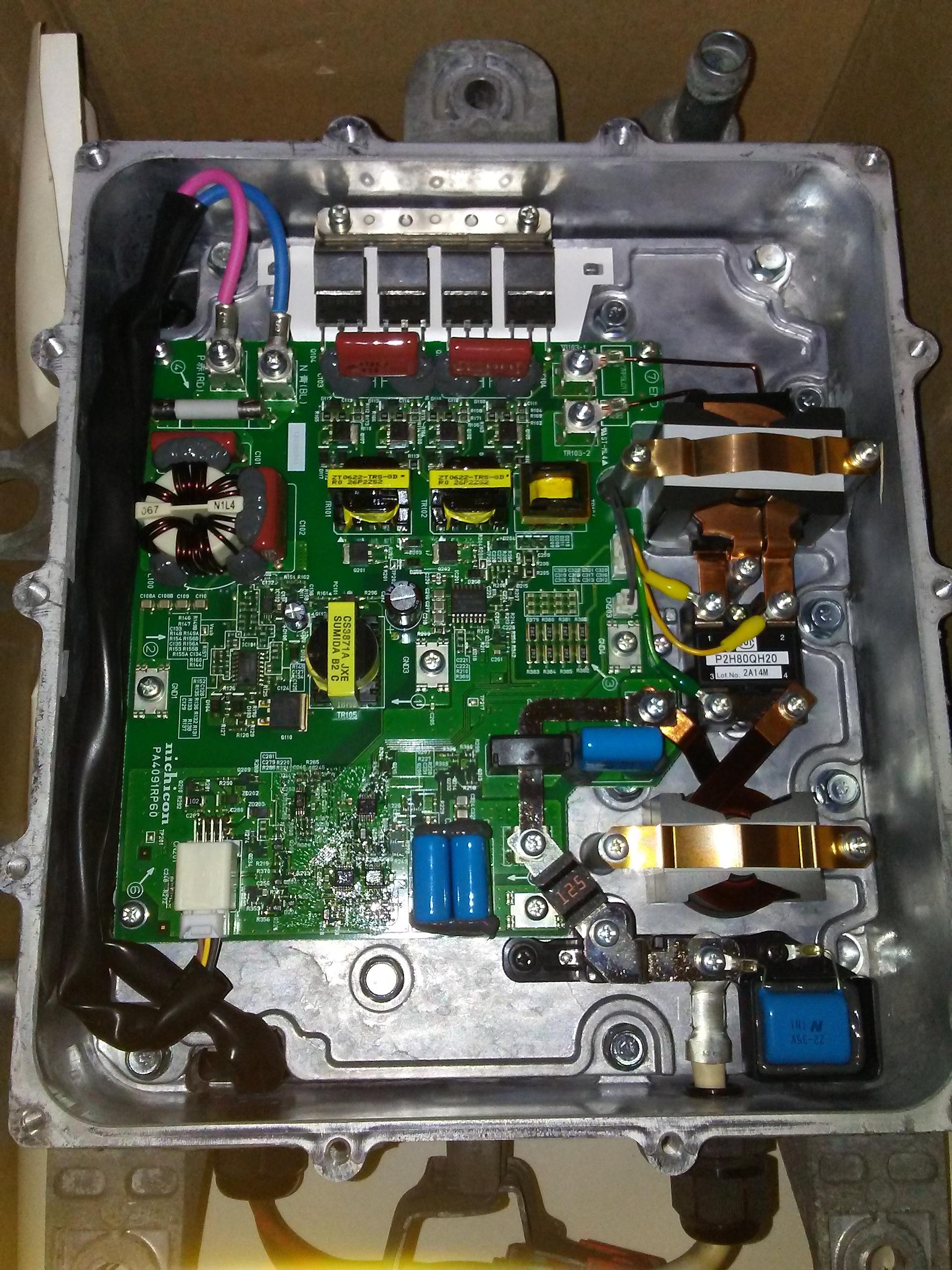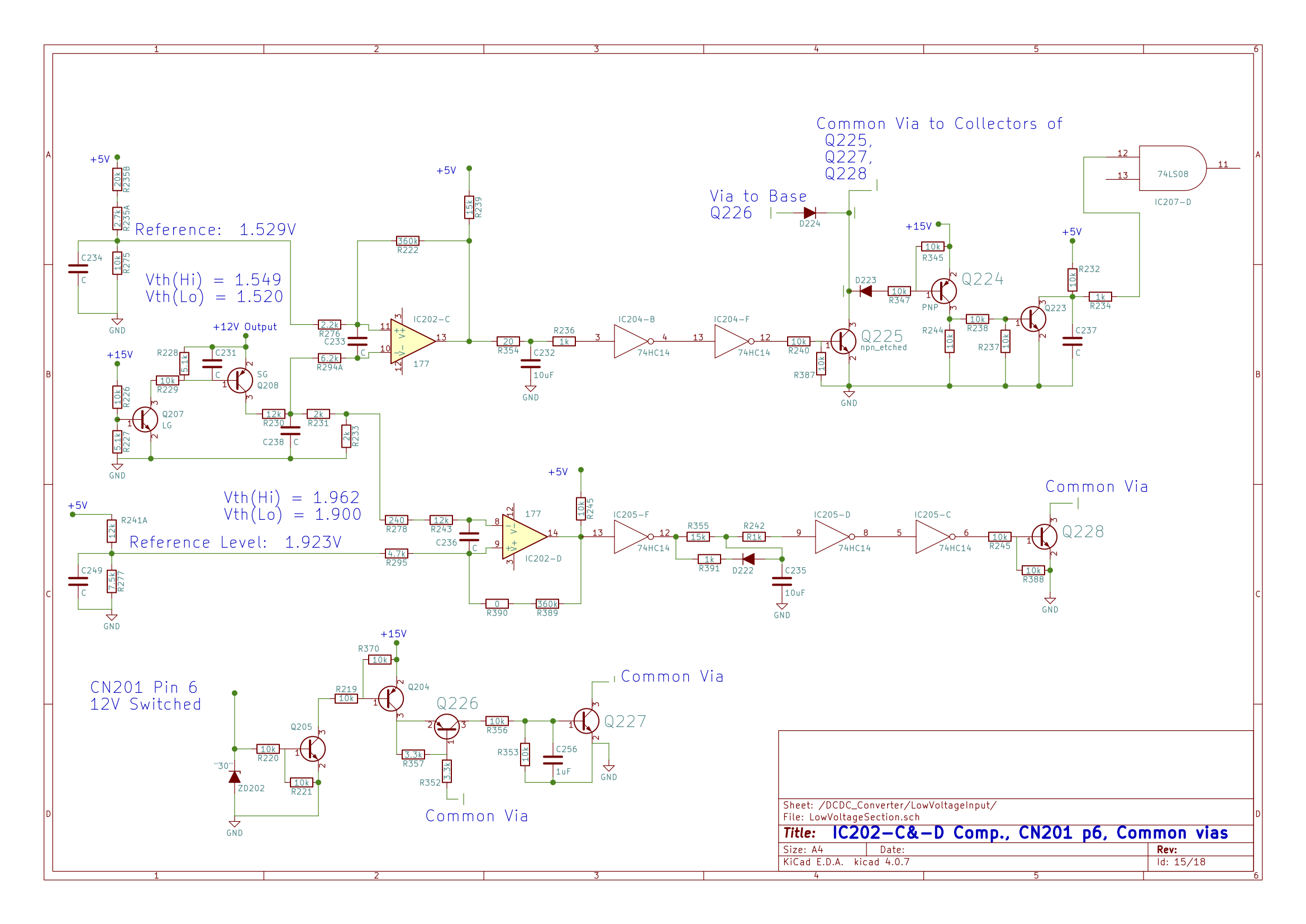So I started my car one morning, and had a bunch of "service required" messages coming up. EV system, ABS, FCM, ACC and a bunch of other stuff. Knowing the drill I went out and measure the voltage of the aux battery and yup.... 11.2 V
I connected the car to a 12V battery charger during the day and got a lift to work. During the evening I went back into the car and it started fine, without any errors. I was happy. It started like that 3 times, and on the 4th I got "EV system service required".
Thinking the aux battery was perhaps still a bit low, I kept it on the charger during the night, and the next day, even with 12.6V, still the same error message. The car won't drive, I don't hear the vacuum pump or the cooling pump when I start it, and it won't engage in D (just beep-beep).
I connected a generic ODB scanner and it found a few old archived codes (Heater System Failure, Hydraulic Clutch Actuator Valve Signal Fault, P1A1B and B1115). After clearing them they didn't come back, but I still couldn't drive the car. My ODB scanner didn't report any other code.
I had it towed to the workshop and they said they got codes from just each and every component connected to the high voltage system in the car. I hope that it was because of the low 12V battery? After clearing them there is one that comes back up immediately, the high voltage contactor. They managed to move the car but say it is not drivable now (I assume it's in turtle mode?) and that the contactor needs to be replaced. Apparently the issue is completely unrelated to the aux battery problem but I find it strange that both happened so close together.
Anyway they are sending a request to Mitsubishi to see if this can be covered by the 8 year battery warranty.... My car is 7.5 years old.
Did this happen to anyone else and did you get it fixed under warranty?
I connected the car to a 12V battery charger during the day and got a lift to work. During the evening I went back into the car and it started fine, without any errors. I was happy. It started like that 3 times, and on the 4th I got "EV system service required".
Thinking the aux battery was perhaps still a bit low, I kept it on the charger during the night, and the next day, even with 12.6V, still the same error message. The car won't drive, I don't hear the vacuum pump or the cooling pump when I start it, and it won't engage in D (just beep-beep).
I connected a generic ODB scanner and it found a few old archived codes (Heater System Failure, Hydraulic Clutch Actuator Valve Signal Fault, P1A1B and B1115). After clearing them they didn't come back, but I still couldn't drive the car. My ODB scanner didn't report any other code.
I had it towed to the workshop and they said they got codes from just each and every component connected to the high voltage system in the car. I hope that it was because of the low 12V battery? After clearing them there is one that comes back up immediately, the high voltage contactor. They managed to move the car but say it is not drivable now (I assume it's in turtle mode?) and that the contactor needs to be replaced. Apparently the issue is completely unrelated to the aux battery problem but I find it strange that both happened so close together.
Anyway they are sending a request to Mitsubishi to see if this can be covered by the 8 year battery warranty.... My car is 7.5 years old.
Did this happen to anyone else and did you get it fixed under warranty?
























